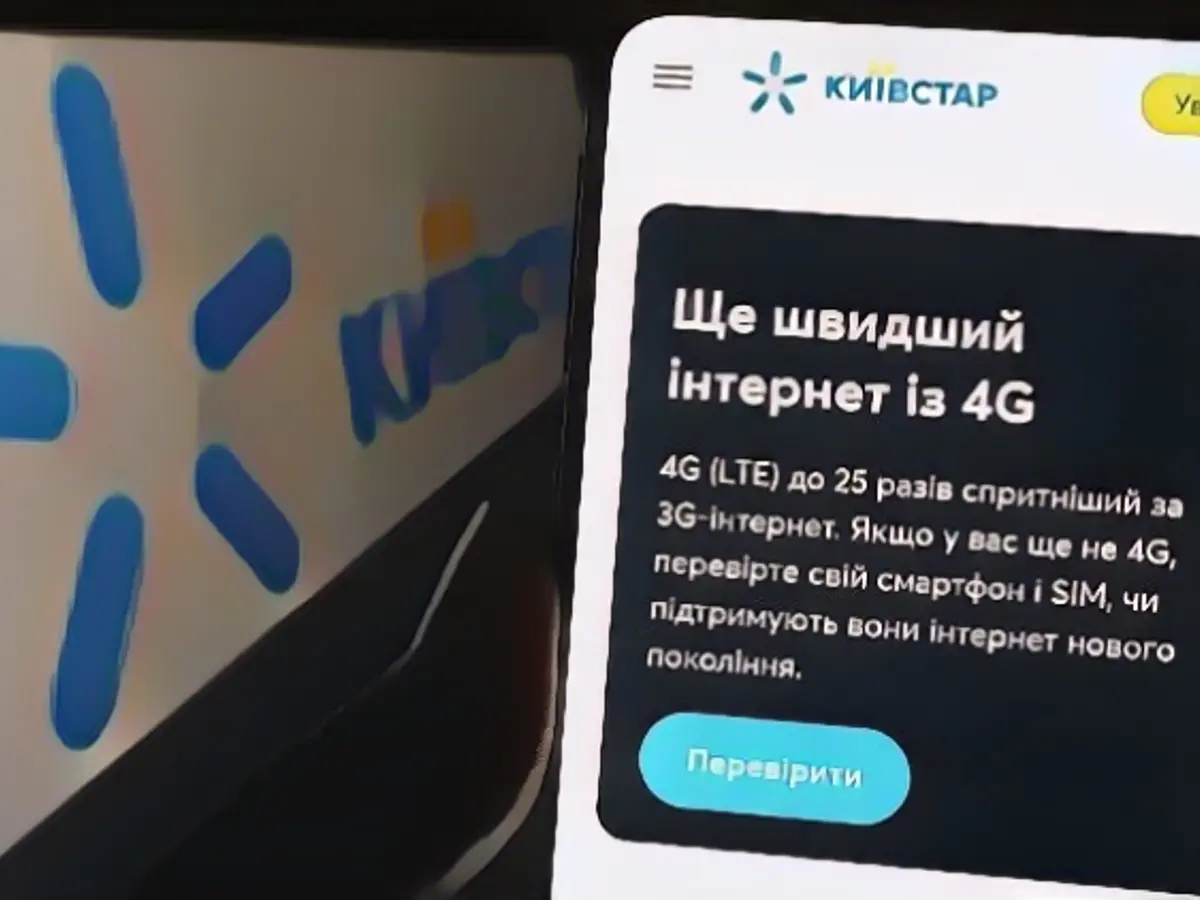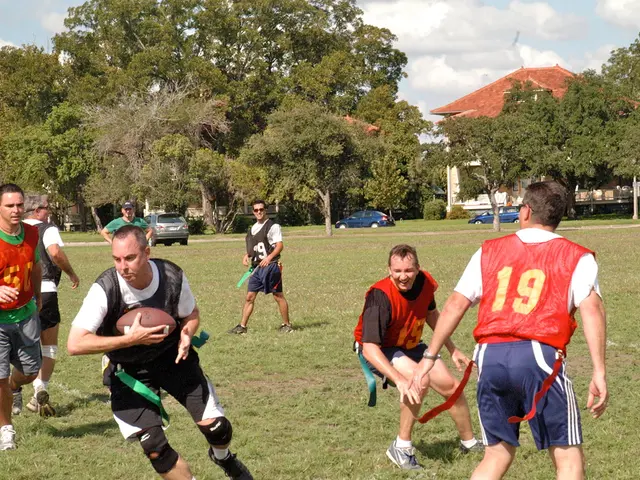In a shocking turn of events, Ukraine's largest mobile phone provider, Kyivstar, fell victim to a massive hacker attack early morning of December 12. The assault crippled telephone and Internet connections nationwide, leaving millions in the telecommunications dark.
Kyivstar announced the attack, blaming it on hackers, and assured that no personal data was compromised. The police were summoned, and the company aimed to resolve the issue within hours as claimed by the Ukrainian Infrastructure Minister. As an interim solution, subscribers were advised to switch to other providers, taking advantage of the post-Russia-Ukraine conflict agreement.
Meanwhile, Monobank, the country's second-largest internet bank, and Vodafone, another mobile phone provider, also faced technical challenges, further exacerbating the communication crisis.
Unfortunately, this cyberattack is part of a growing pattern of Russian targeting of Ukraine's critical infrastructure. In this specific instance, a group of activist hackers assumed responsibility but were later identified as a front for the Russian hacking group, Sandworm. With Sandworm's involvement, the assault expanded beyond Ukraine's borders, with a "near-global" impact cited in various countries including the US, UK, Canada, and Australia.
Ukrainian authorities, including the Security Service and the State Service of Special Communications and Information Protection, are investigating the attack to unravel the intricate details. Kyivstar has promised to compensate its clients for the outage duration and has made significant strides, restoring Internet connectivity to 93% of its home subscribers and mobile phones by December 13, 2023.
Despite these efforts, the attack underscores the importance of maintaining robust cybersecurity measures, particularly for critical infrastructure, to safeguard against the escalating cyber threats worldwide.








